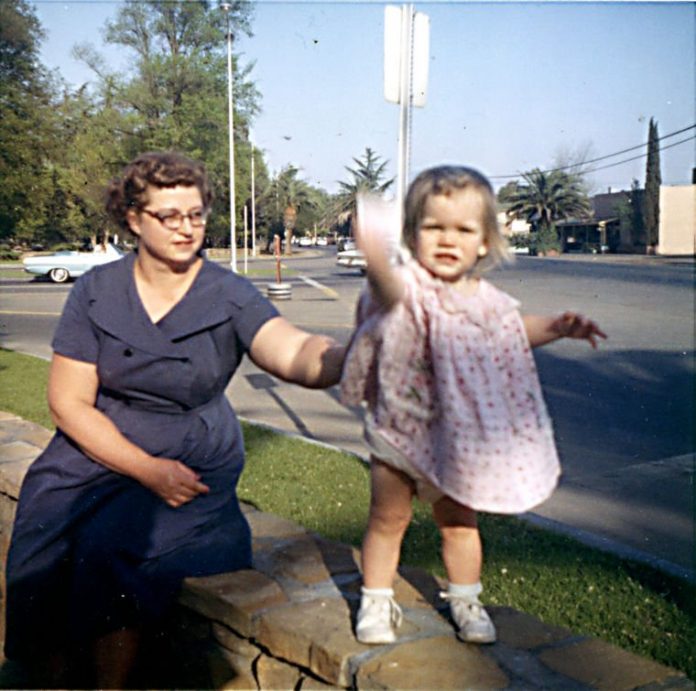Mother’s Day is not easy for many of us. Many of us have lost our mothers, and others don’t have the best relationship with ours. I was fortunate to have my mother long enough for our relationship to evolve from rebellious child trying to escape strict mom to realization of the wisdom of my mom and then on to our becoming best friends.
On this Mother’s Day, I recall memories of the loss of my mother, but I can’t help but also recall how this community helped me survive the loss of my mom several years ago-—and continues to help me through the long grief process that our society doesn’t like to recognize. The heartbreak of losing your mom doesn’t end in a neat and tidy timeframe, and you never forget those who have helped sustain you.
Thank you to our community for being there for us and for your many kind words; you were there via e-mail and in thought and prayer, whether it was day or night. I will never forget how you left food and flowers on my doorstep and sent many beautiful cards. I especially will never forget the paramedics and nurses who helped my mom in such an impossible time in our lives.
When mom was terminally ill, I tried taking her to a care home that was recommended by more than one person, but it turned out to be a place where I witnessed a lack of care that none of our loved ones should have to experience. I couldn’t stand the thought of mom dying in a “care” home where no one cared about her.
As I sat in the car waiting for the ambulance to transport mom from the hospital to a different care home the next day, I was amazed at the gentleness and understanding of the paramedic who had been helping her when she was in the worst shape; it had not been easy. I was bent over the steering wheel having a cry and saying, “Please forgive me, mom; I’m so sorry to move you again.” I didn’t think anyone could see me. Suddenly a woman rapped on the car window to ask if I was OK.
I couldn’t believe it—it was the first time anyone at any of the care homes had stepped out of their all-business persona to ask me if I was OK and show me any sympathy. I was so overwhelmed—and she said how much she could relate when I told her I was OK, but that I just needed to get it out first before going into the home to admit my mom so I could stay composed enough to get through the long admitting process. She told me how she cries too when doing rehab with the patients. It was so helpful for someone from the staff to show they truly cared and to extend that understanding to me at the moment when I needed it most.
At the hospital, as I stood out in the hallway waiting for the paramedics to transfer my mom to the gurney, I could hear her crying out in pain as they tried to slowly move her inch-by-inch, so I began crying again.
Suddenly a nurse came up to me and spoke sympathetically. I will never forget that nurse showing me such personal concern. She told me about her father passing away and how much she understood what I was going through. She stood with me for the amount of time it took for my mom to be moved from the bed to the gurney and brought down the hall (which seemed like an eternity), until it was time for me to get into the elevator.
It meant so much to me to not be alone while I waited. I squinted at her name tag through my tears and tried to read her name, hoping I would remember it (and thank her somehow later).
It was going to be easy to remember. Her name was “Mercy.”













